Living the Island Life in Koh Samui
Explore the unique lifestyle and property opportunities in Koh Samui.
Read ArticleExplore sustainable living options and eco-friendly homes in Thailand.
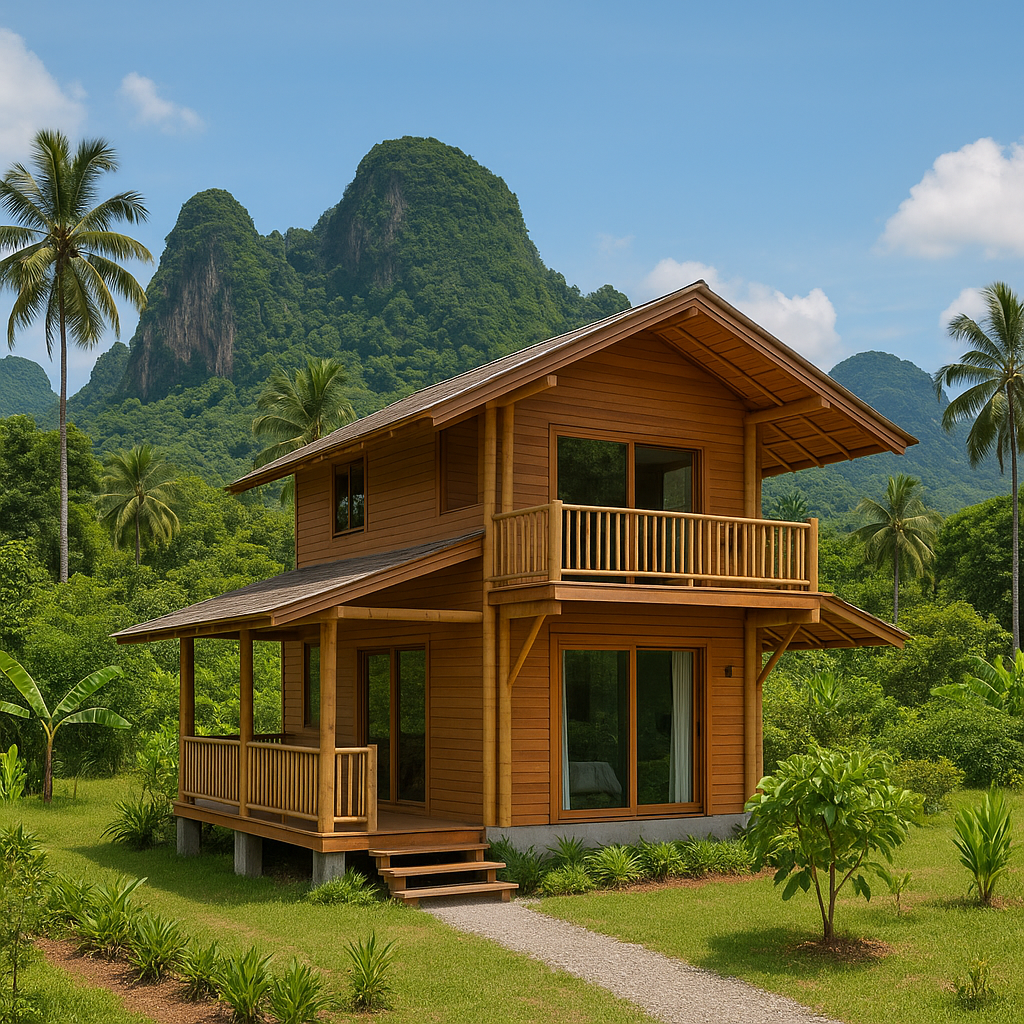
Thailand, with its lush landscapes and vibrant culture, is increasingly becoming a hub for eco-friendly living. Whether you're a long-term resident or a visitor, the country's commitment to sustainability offers numerous opportunities to embrace a green lifestyle. This guide explores sustainable living options and eco-friendly homes in Thailand, providing practical tips and insights for a more sustainable life.
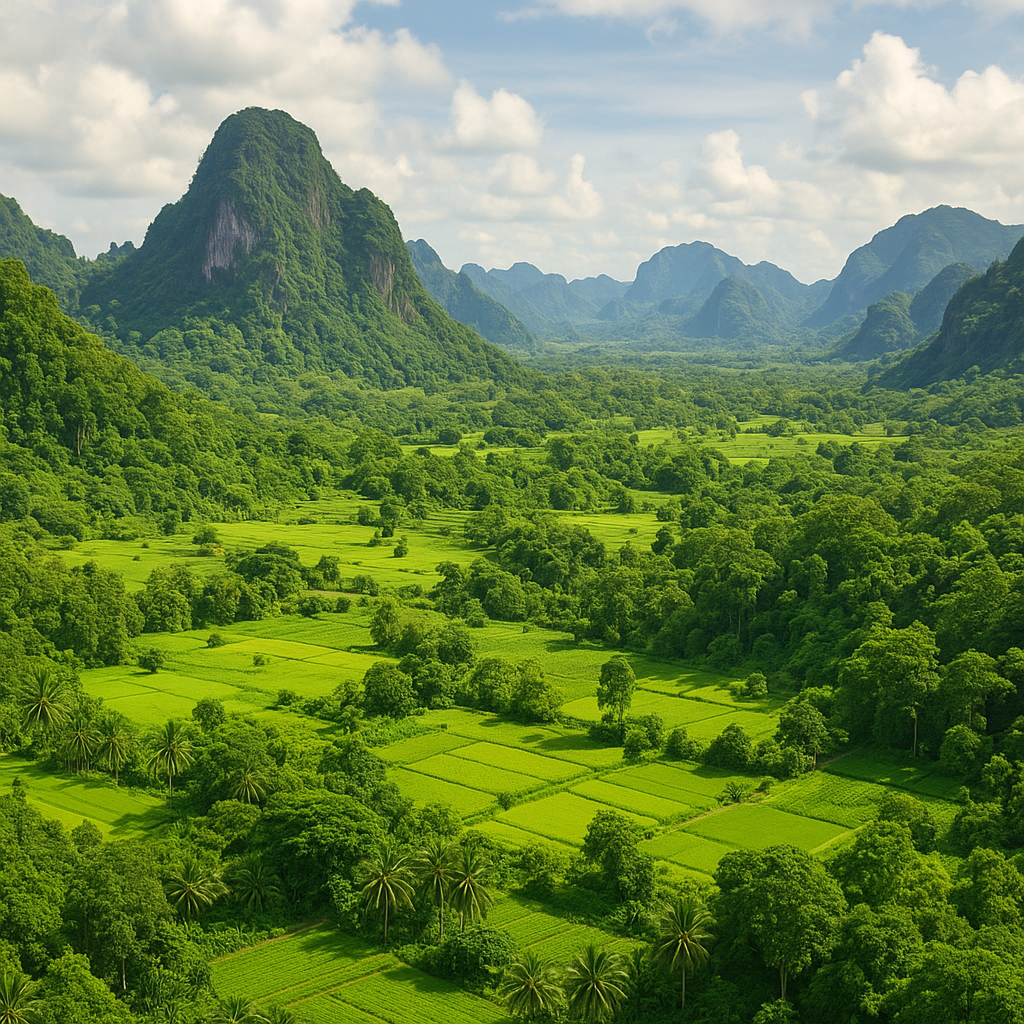
Eco-friendly landscape in Thailand
Eco-friendly living involves making choices that reduce your environmental impact. In Thailand, this can range from choosing sustainable housing options to incorporating daily habits that conserve resources and support the local ecosystem.
Sustainability in Thailand is not just about preserving the environment; it's also about maintaining the cultural and natural heritage that makes the country unique. By adopting eco-friendly practices, you contribute to the preservation of Thailand’s biodiversity and natural beauty.
Thailand offers a variety of sustainable housing options, from modern eco-villas to traditional bamboo huts. These homes are designed with energy efficiency and resource conservation in mind.
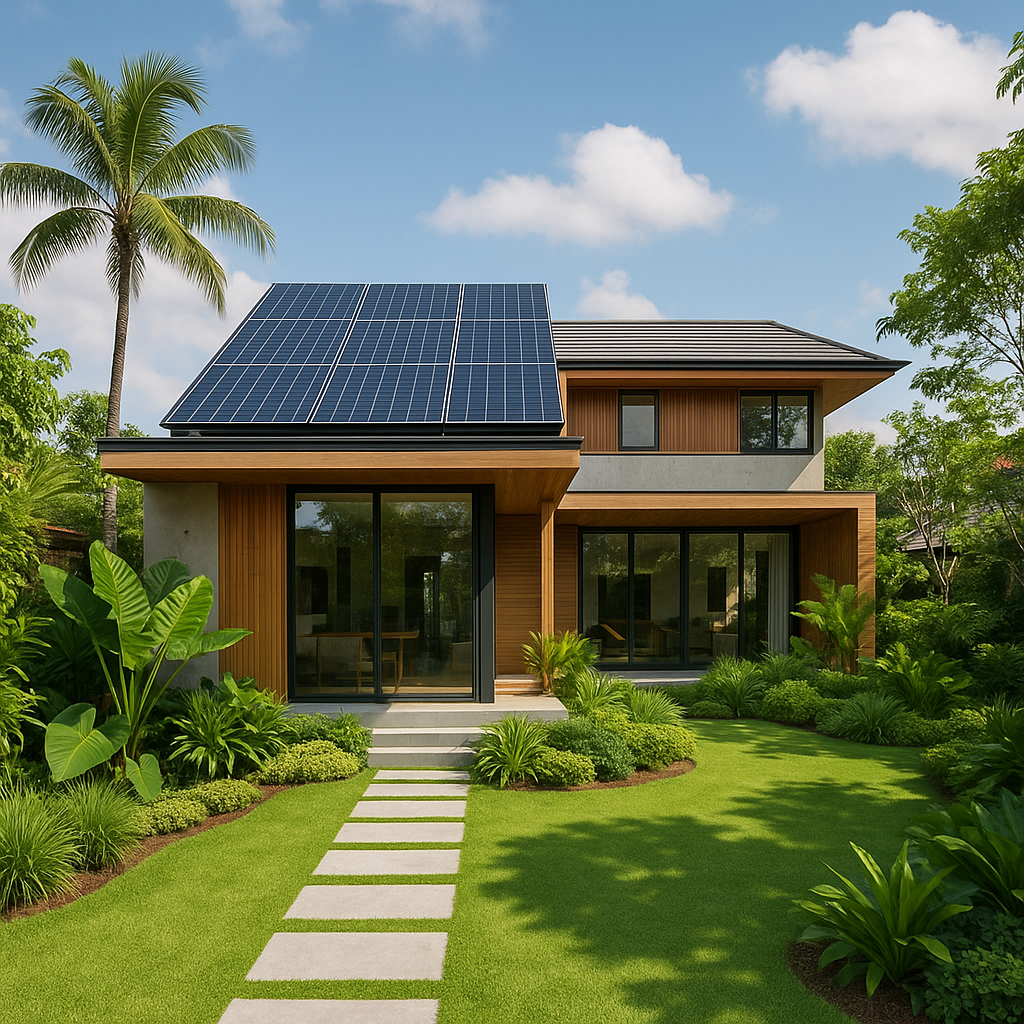
Eco-friendly house in Thailand with solar panels
Many eco-friendly homes in Thailand are constructed using sustainable materials such as bamboo, reclaimed wood, and recycled steel. These materials not only minimize environmental impact but also ensure durability and aesthetic appeal.
Eco-friendly homes often incorporate renewable energy sources, like solar panels, to reduce dependency on non-renewable resources. Efficient insulation and natural ventilation systems are also common, reducing the need for artificial heating and cooling.
Rainwater harvesting systems and greywater recycling are popular in Thai eco-homes. These systems capture and reuse water, significantly reducing household water consumption.
Living sustainably in Thailand extends beyond the home. Here are some practical tips to integrate eco-friendly practices into your lifestyle:
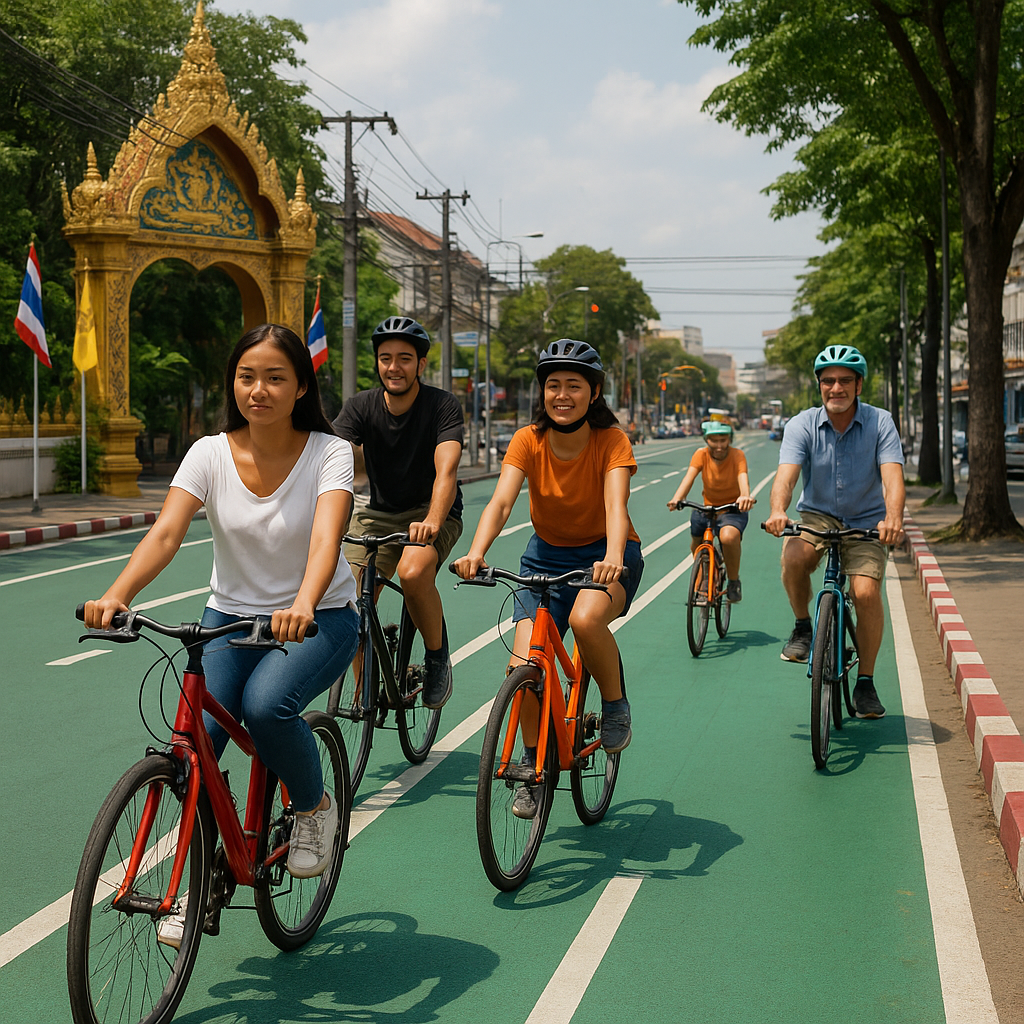
Cycling in Thailand for eco-friendly transportation
Thailand's community-oriented culture plays a significant role in its sustainability efforts. Engaging with local communities can enhance your eco-friendly living experience.
Many communities in Thailand are actively involved in sustainability projects, such as tree planting and beach clean-ups. Participating in these initiatives not only helps the environment but also builds a sense of community.
Respecting local customs and traditions is crucial. Many Thai cultural practices are inherently sustainable, such as using natural materials for daily living. Embrace these practices to support both cultural and environmental preservation.

Community beach clean-up in Thailand
Eco-friendly living in Thailand is an enriching experience that combines modern sustainability with traditional wisdom. By choosing sustainable housing, adopting green practices, and engaging with local communities, you can significantly reduce your environmental impact while enjoying all that this beautiful country has to offer. Whether you're drawn to the serene beaches or the bustling cities, Thailand provides ample opportunities to live sustainably and contribute to a greener future.
Embrace eco-friendly living today and be part of Thailand's journey towards a sustainable tomorrow.

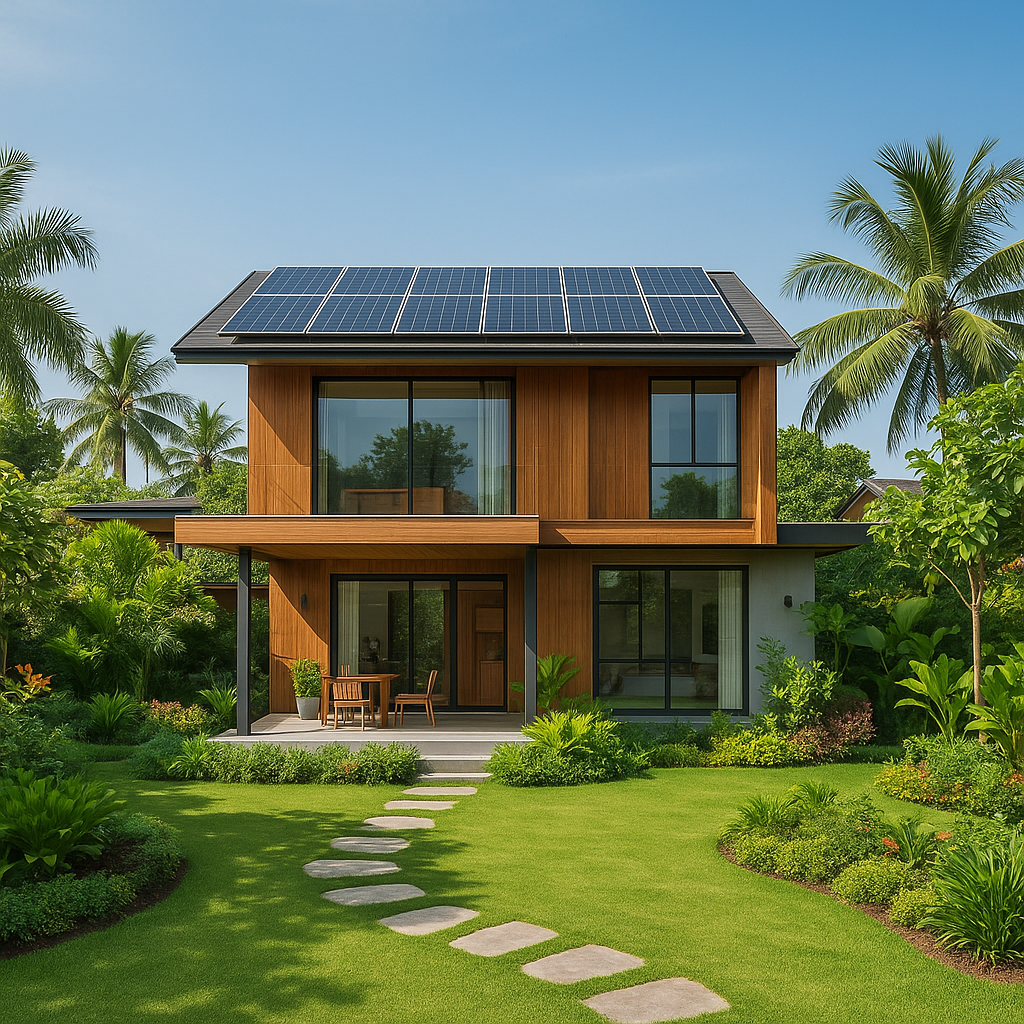

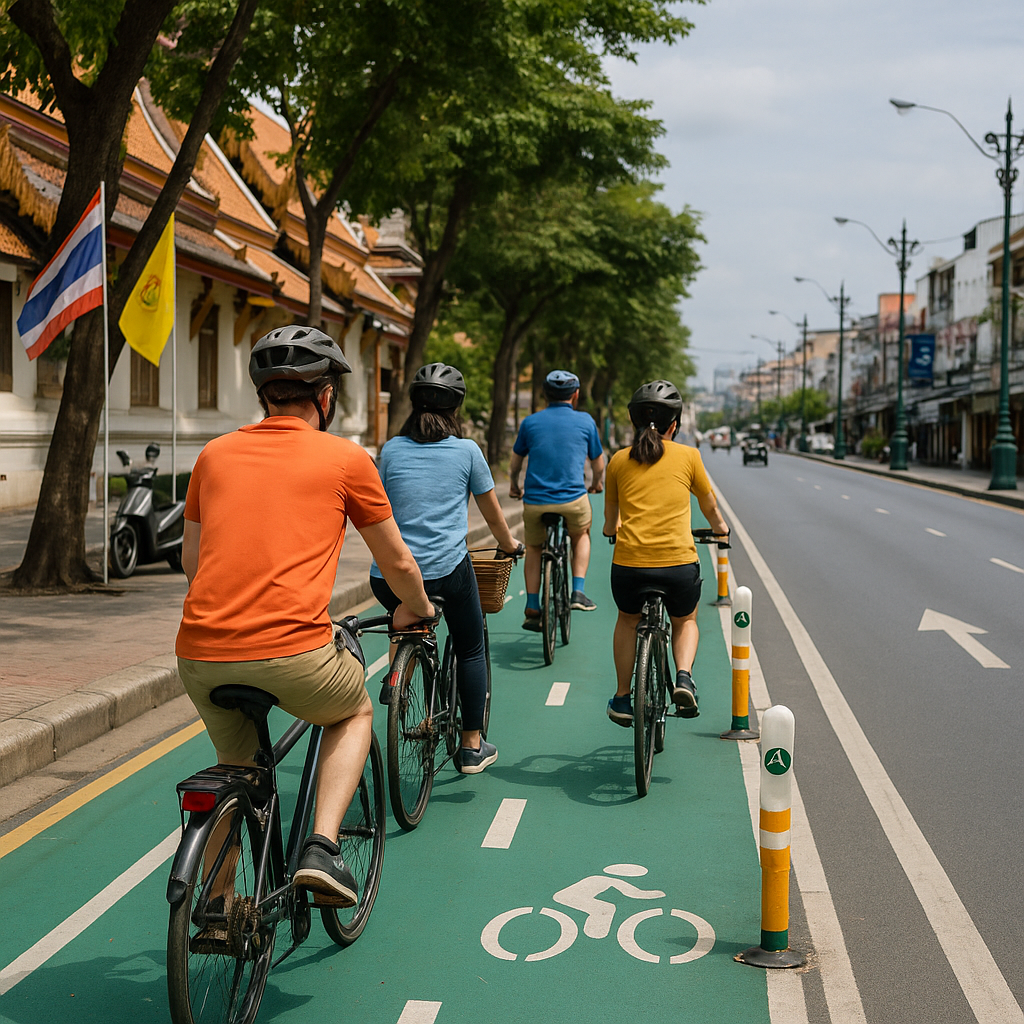
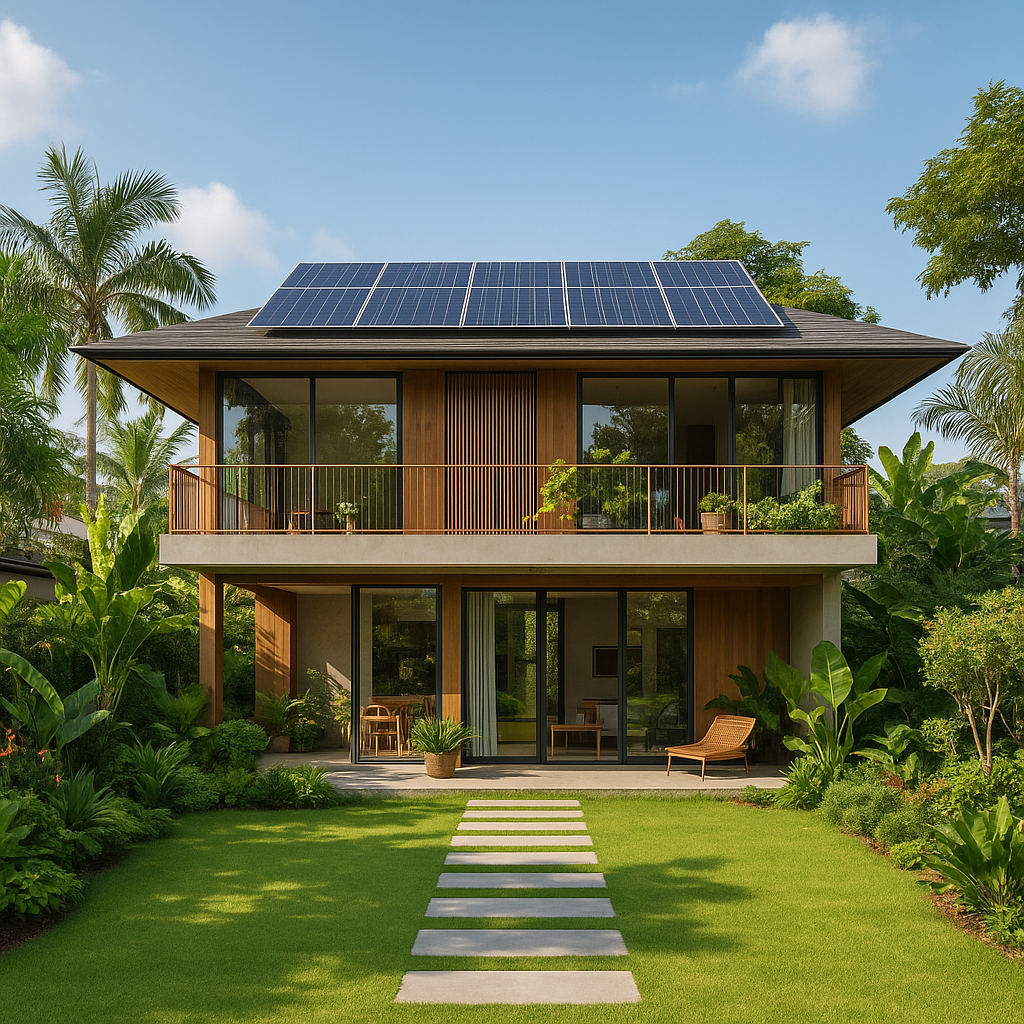

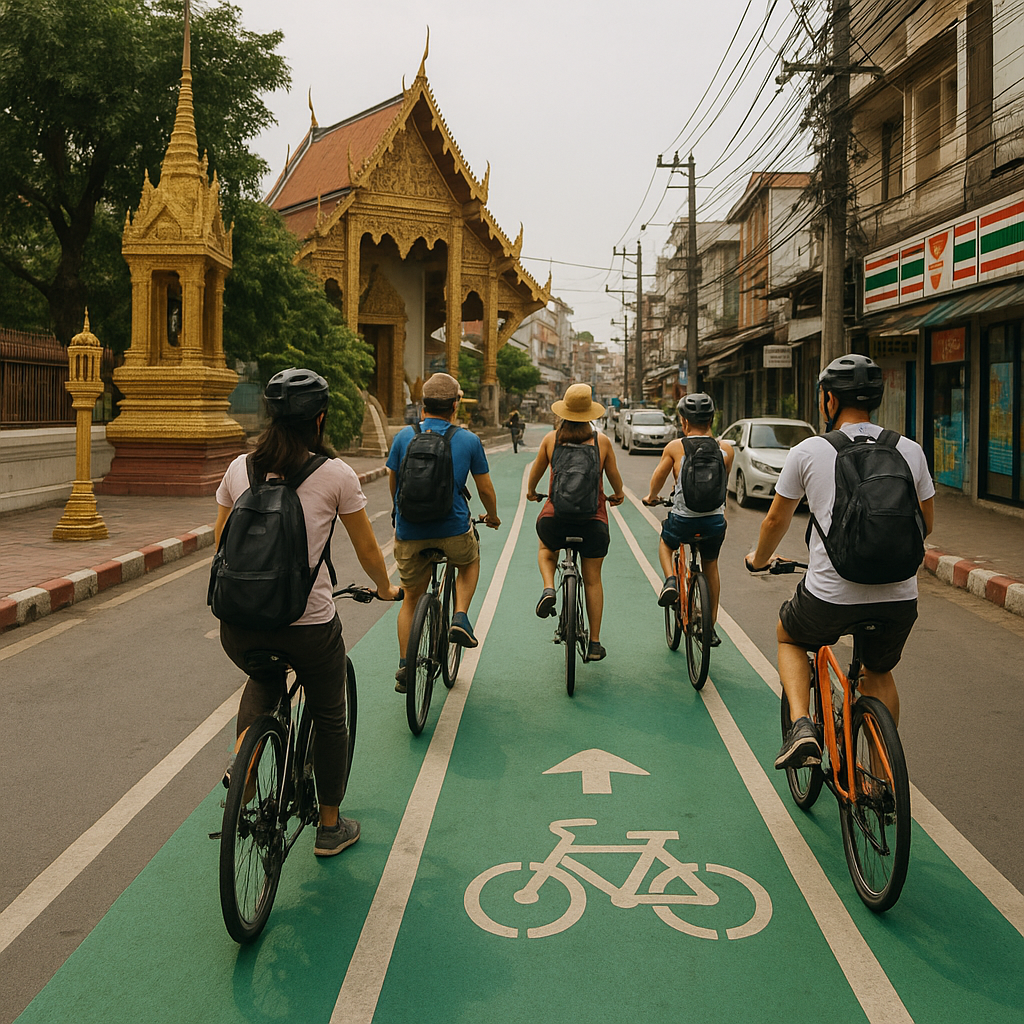





Oct 17, 2025
Found this article helpful? Share it with others.
You might also be interested in these articles

Explore the unique lifestyle and property opportunities in Koh Samui.
Read Article
Relax and rejuvenate at these top wellness destinations in Thailand.
Read Article
Find the best family-friendly attractions and activities in Thailand.
Read Article